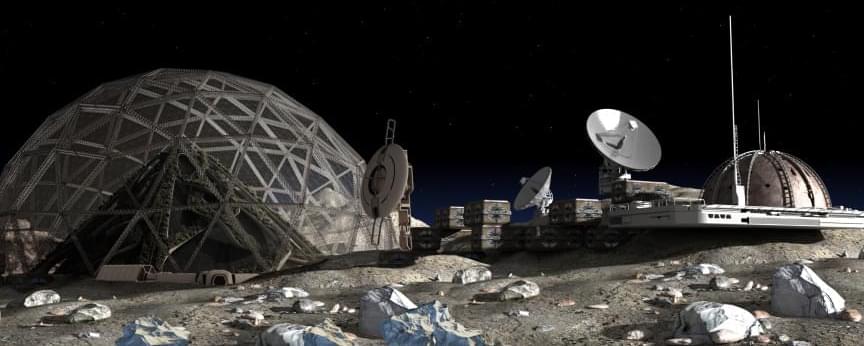Space colonization requires us to better understand how Earth sustains us.
In the coming decades, space agencies from around the world will be venturing farther out into space than ever before. This includes returning to the Moon (perhaps to stay this time), exploring Mars, and maybe even establishing human settlements on both. Beyond that, there are even proposals for establishing habitats in space that could accommodate millions. These plans build on decades of planning that go back to the dawn of the Space Age. In some cases, the plans are inspired by proposals made over half a century prior to that. While these grand visions for space exploration and colonization present many challenges, they also inspire innovative solutions. In particular, missions to deep-space require fresh thinking about environmental control and life-support systems (ECLSS) that can provide self-sufficiency in terms of air, water, food, and protection from radiation and the dangers of space. These are essential since missions that take astronauts far from Earth cannot depend upon resupply missions from the surface to Low Earth Orbit (LEO).
Full Story:
Creating sustainability in space means we need a better understanding of how Earth sustains us.










Comments are closed.